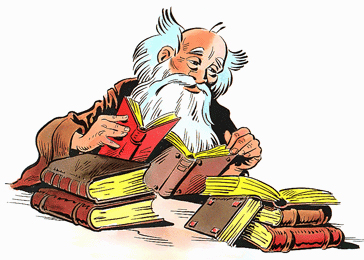lexico-, lexi-, lex-, -lexia, -lexias, -lexic, -lectic, -lexis
(Greek: word or words, vocabulary; a saying, a phrase; speaking, speech)
Closely related to legi-, ligi-, lig-, lect-, -lectic (Latin: read, readable [to choose words; to gather, to collect; to pick out, to choose; to read, to recite]).
2. Etymology: literally, "the worship of dictionaries" or an excessively strong feeling of respect and admiration for dictionaries.

Words fascinate me. They always have. For me, browsing in a dictionary is like being turned loose in a bank.
In addition to its basic function of defining words, a lexicon, or dictionary, may provide information about their pronunciations, grammatical forms and functions, etymologies, syntactic peculiarities, variant spellings, and synonyms and antonyms.
2. The special vocabulary of a particular author, field of study, etc.: Mr. Roberts wrote a definitive lexicon for those studying linguistics and word origins.In a technical sense, a lexicon is "the whole vocabulary, the supply of words or meaningful units in a language".
One can say that the total lexicon of English has never yet been recorded in even the biggest dictionaries and is now so vast that it can't be known to any one person or publication.
The lexicon of a language is constantly changing, by loss or deletion of words, and by addition of new words. As cultures change, lexicons change. They are mirrors of human thoughts and behaviors.
A dictionary, or lexicon, may also provide quotations illustrating a word’s use, and these are sometimes dated to show the earliest known uses of a word in past specified concepts.
The lexicon of all languages appears to be expanding exponentially due to the vast communications network that is available now for so many people.
3. Etymology: from modern Latin, from Greek lexikon (bibilion, "book") of "words"; from lexis, "word" + legein, "to speak, to say".Go to this Word A Day Revisited Index
so you can see more of Mickey Bach's cartoons.
"Margaret's lexicophobia existed because she was so frustrated about dictionaries using another form of the same word being defined; such as, when she looked up the word manicurist in more than one dictionary, they all indicated that a manicurist is someone who manicures.


